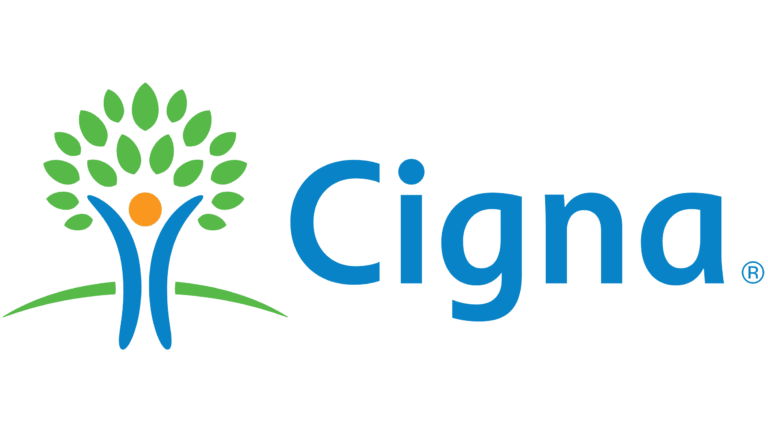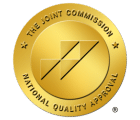Many professionals, at some point, can benefit from rehab treatment, but will you lose your job if you go to rehab? It is essential to understand the legal protections that help employees seek treatment without risking their employment. Addiction can affect many aspects of life, including work performance, but seeking treatment for substance abuse should not automatically lead to job loss. Getting help can improve your job performance and overall well-being. Here, we’ll explore how you can take the necessary steps to seek rehab without jeopardizing your career.
At Palm Beach Recovery Center, we help individuals struggling with addiction safely overcome their substance use disorders and build the foundation for a better life. We are dedicated to helping those in need and helping working professionals understand their rights to seek treatment.
Understanding the Impact of Addiction on Your Job
Substance use disorder can have a significant impact on your job performance. If you’re struggling with addiction, you may find it challenging to focus, meet deadlines, or perform at your best. These issues can lead to disciplinary action or even job loss. However, acknowledging that you need help is an essential first step in recovery. This acknowledgment can cause people to wonder – will you lose your job if you go to rehab? Rather than fearing job loss, seeking professional treatment can help you rebuild your career and personal life in the long run.
Legal Protections for Employees
If you’re concerned about losing your job while seeking rehab, knowing the legal protections for employees is essential. Understanding these protections can help ease your anxiety about job security.
1. The Family and Medical Leave Act (FMLA)
The FMLA is a federal law that allows eligible employees to take up to 12 weeks of unpaid leave for specific health conditions, including addiction treatment. Under FMLA, your job is protected during your leave, meaning you can return to your position after completing your treatment.
2. The Americans with Disabilities Act (ADA)
The ADA protects individuals recovering from addiction by providing certain rights. While it does not protect current illegal drug use, the ADA offers protections for employees who are no longer using substances and are engaged in or have completed a rehabilitation program. Employers are required to make reasonable accommodations for employees, which could include time off for treatment.
3. State Laws and Employer Policies
In addition to federal protections, many states have laws that protect employees seeking substance abuse treatment. It’s essential to check your state’s specific regulations to understand your rights. Many employers also offer Employee Assistance Programs (EAPs) that provide confidential counseling and treatment resources to help employees manage personal issues, including addiction.
How to Seek Help Without Losing Your Job
If you’re still asking, “Will you lose your job if you go to rehab?”, following the proper steps can help you get the treatment you need while keeping your job secure. Here’s what you can do:
1. Understand Your Rights
Familiarize yourself with the FMLA, ADA, and state laws or employer policies regarding medical leave and addiction treatment. Knowing your rights ensures you have the documentation to protect your job while seeking help.
2. Communicate with Your Employer
Open communication with your employer is essential. Approach your HR department or direct supervisor to discuss your need for medical treatment, citing FMLA or ADA protections as needed. You don’t have to provide personal details about your addiction, but you may need a medical certification to confirm the need for treatment.
3. Use Your EAP and Healthcare Benefits
Many employers offer EAPs, which provide confidential counseling and support services, including referrals to rehab programs. Be sure to review your healthcare benefits to understand your coverage for addiction treatment.
4. Focus on Recovery
Once you’ve secured your leave and job protection, focus on your recovery. Take full advantage of the treatment program to build a strong sobriety foundation. With proper support, you can return to work healthier and more focused.
Begin Your Healing Journey with Palm Beach Recovery Centers
Seeking help for addiction is a courageous and necessary step toward a healthier life. If you’re wondering, “Will you lose your job if you go to rehab?” rest assured that legal protections are in place to help you seek the care you need without sacrificing your job. At Palm Beach Recovery Center, we understand your challenges and are committed to providing a personalized treatment plan that respects your professional and personal needs.
Contact us for guidance and support if you’re concerned about job security while seeking treatment. We’ll help you navigate your journey to recovery and ensure that you receive the care you need while protecting your career. Contact Palm Beach Recovery Center today for more information on our comprehensive rehab programs and how we can assist you every step of the way.









